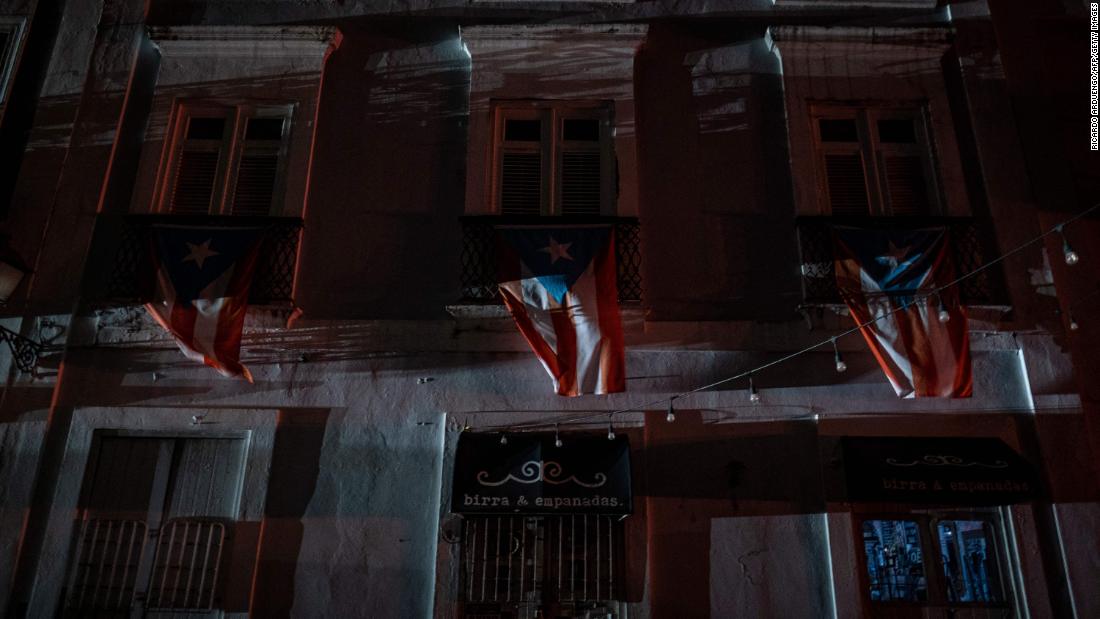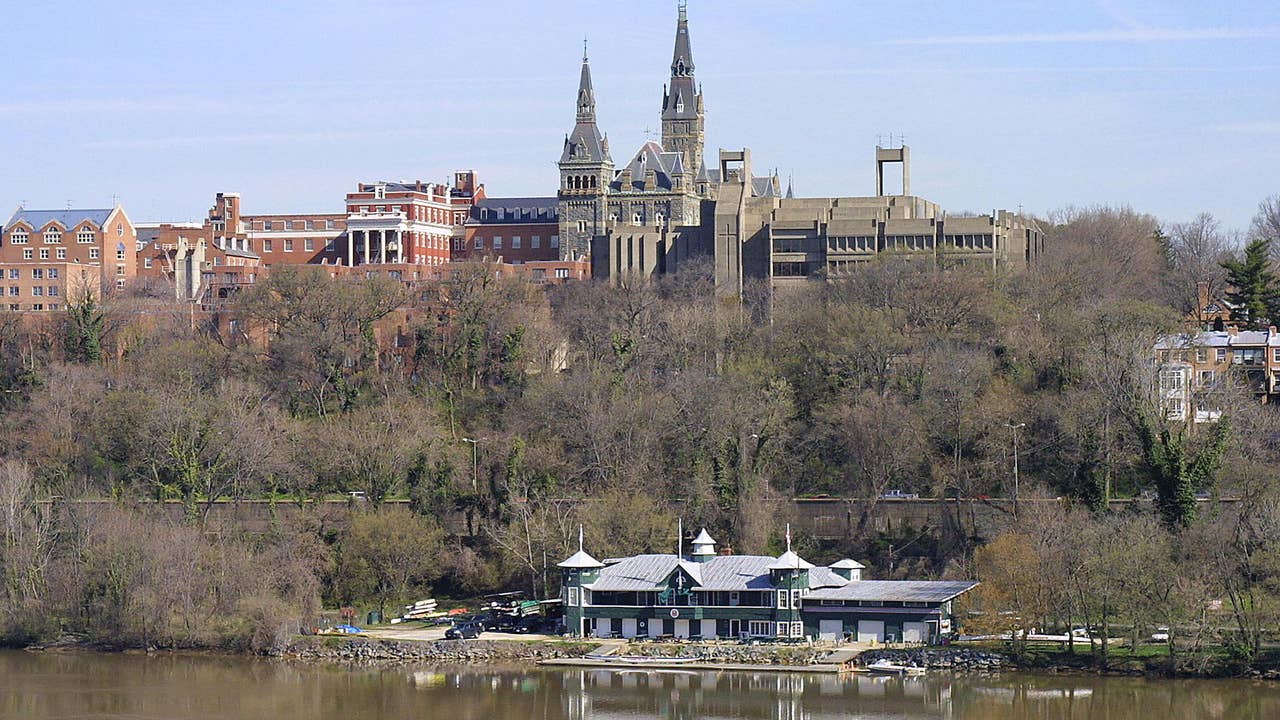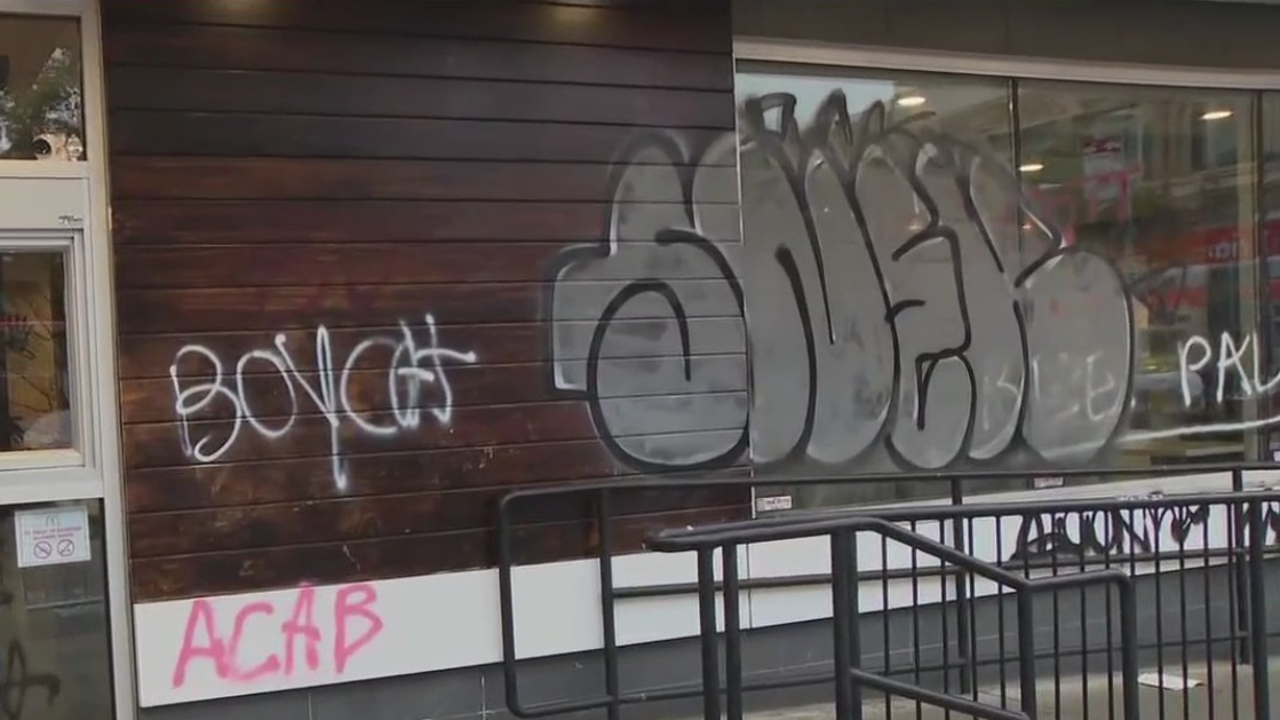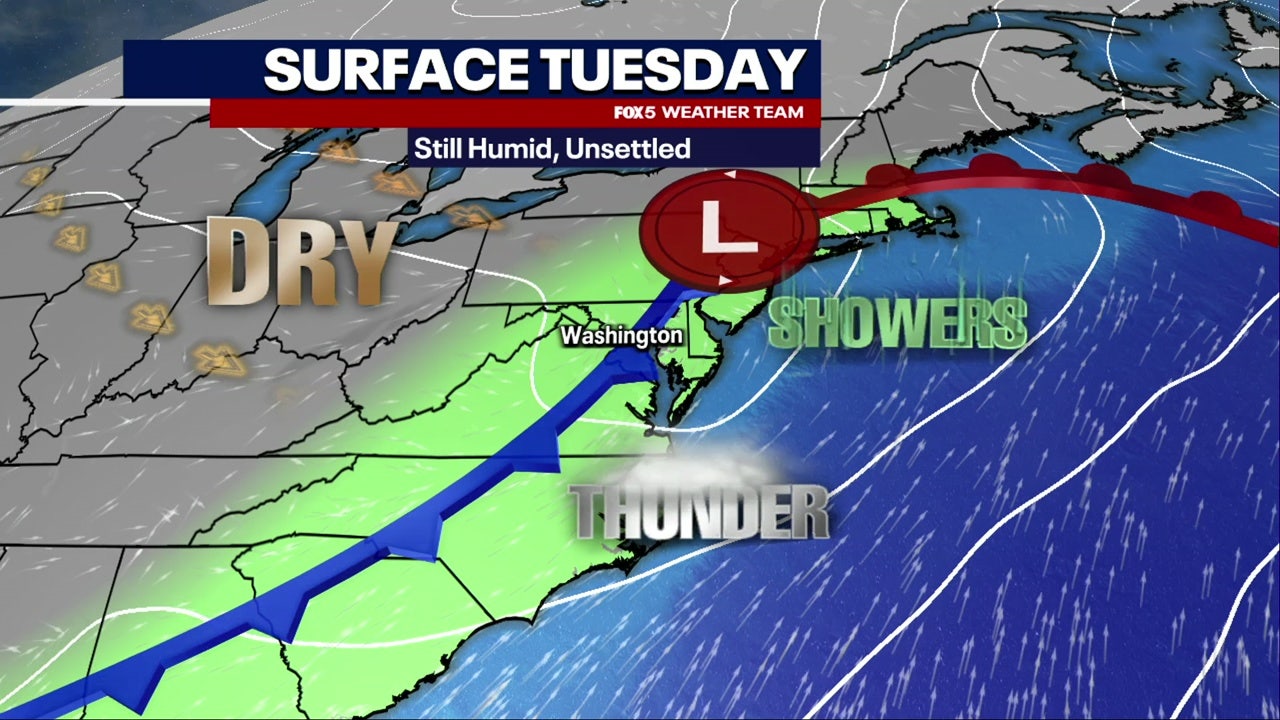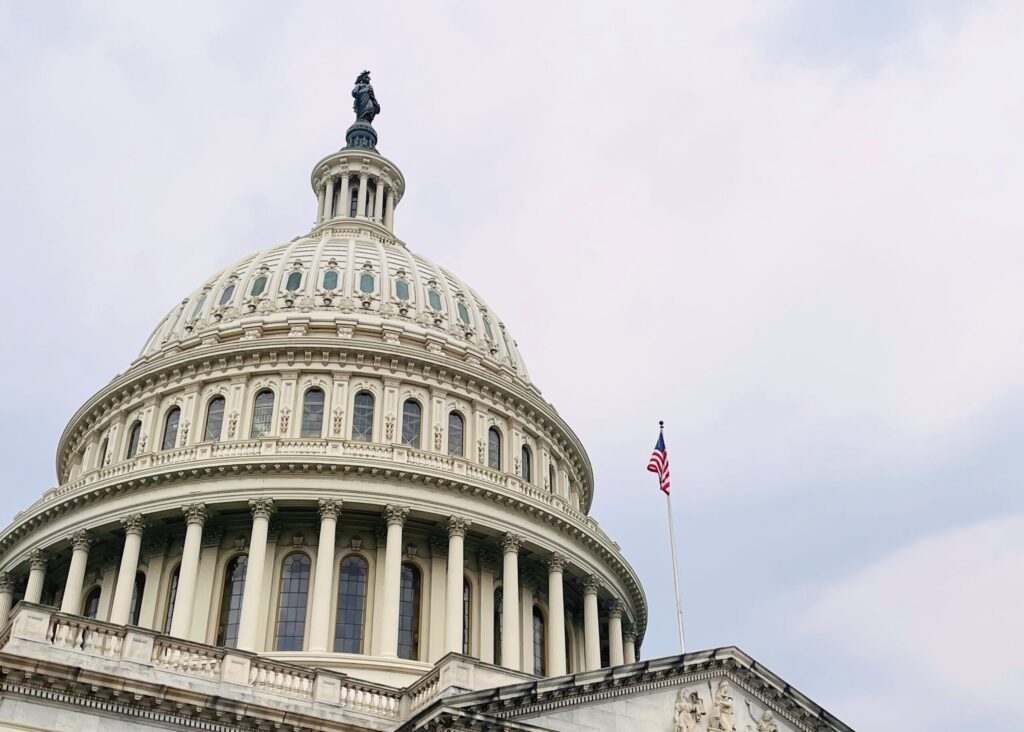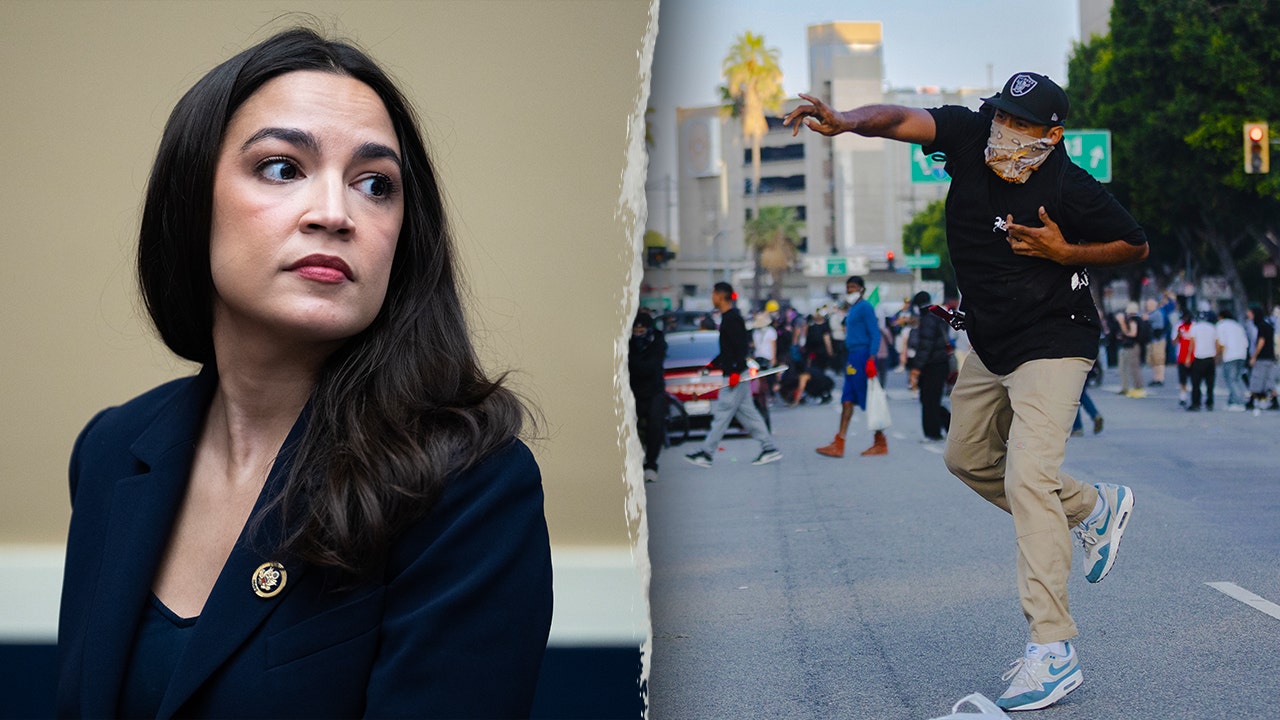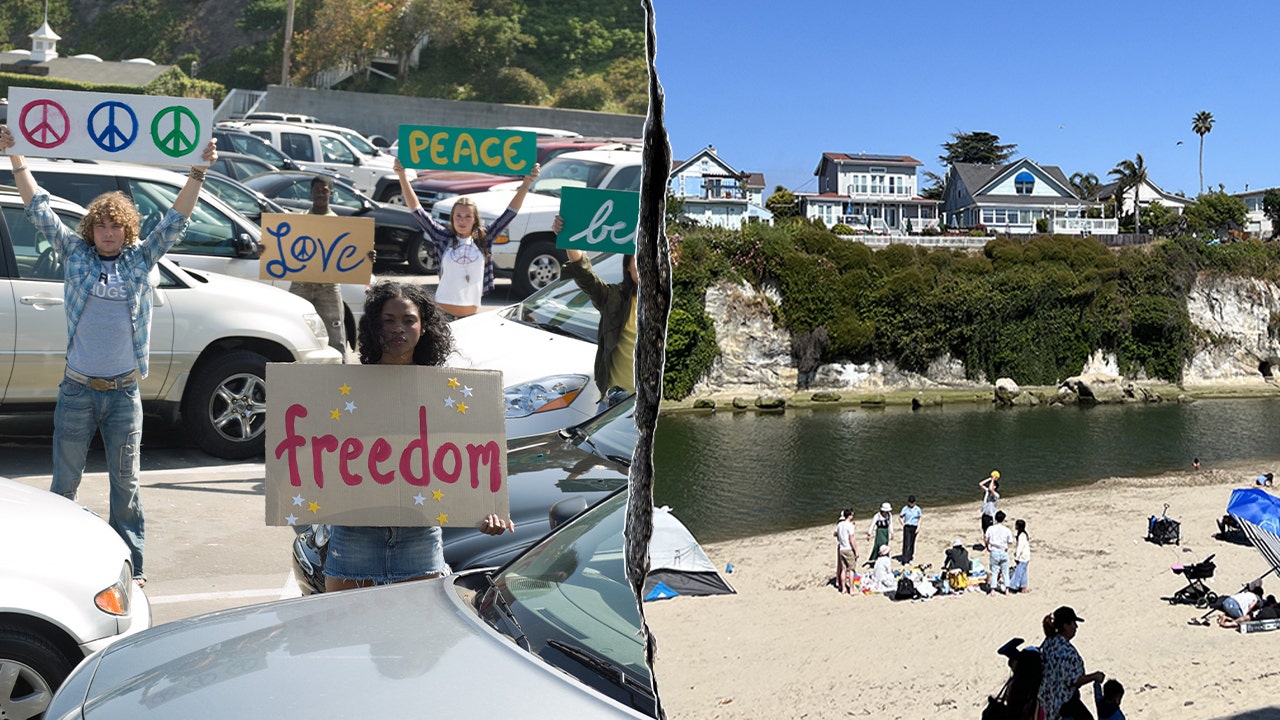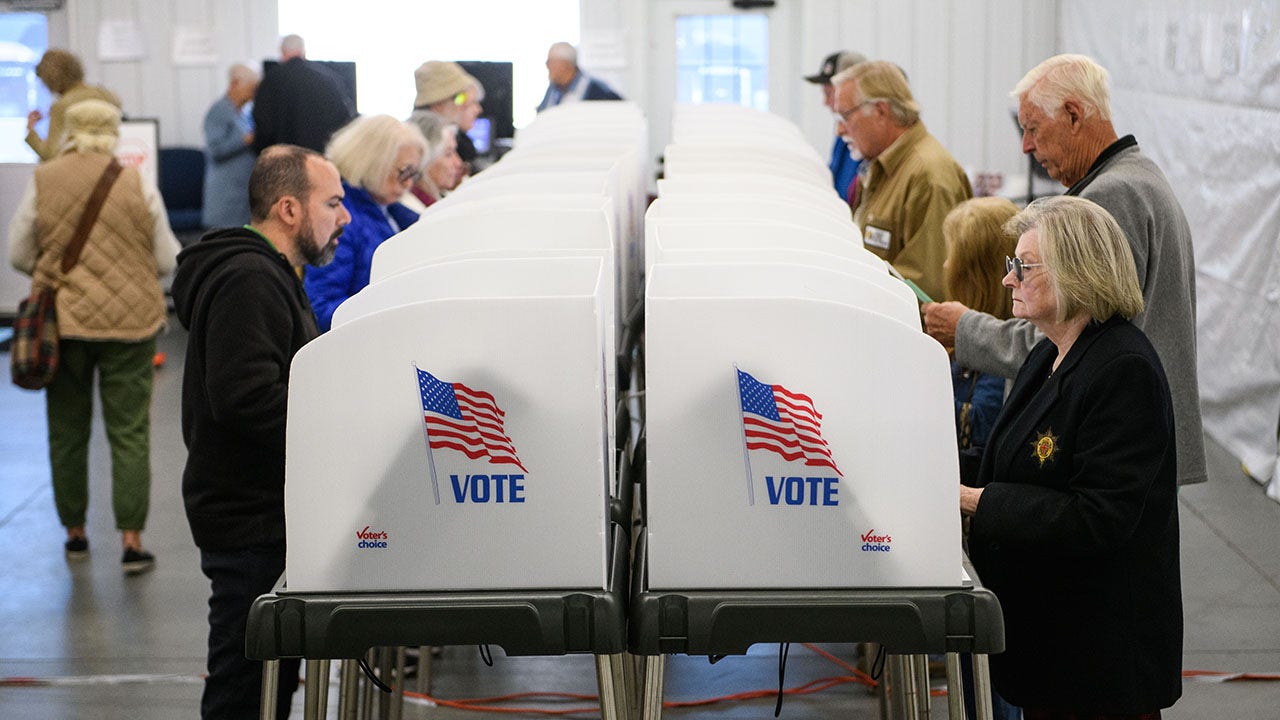The Pentagon has launched a review of the 2021 Aukus submarine deal with the UK and Australia, throwing the security pact into doubt at a time of heightened tension with China.
The review to determine whether the US should scrap the project is being led by Elbridge Colby, a top defence department official who previously expressed scepticism about Aukus, according to six people familiar with the matter.
Ending the submarine and advanced technology development agreement would destroy a pillar of security co-operation between the allies. The review has triggered anxiety in London and Canberra.
While Aukus has received strong support from US lawmakers and experts, some critics say it could undermine the country’s security because the navy is struggling to produce more American submarines as the threat from Beijing is rising.
Australia and Britain are due to co-produce an attack submarine class known as the SSN-Aukus that will come into service in the early 2040s. But the US has committed to selling up to five Virginia class submarines to Australia from 2032 to bridge the gap as it retires its current fleet of vessels.
That commitment would almost certainly lapse if the US pulled out of Aukus.
Last year, Colby wrote on X that he was sceptical about Aukus and that it “would be crazy” for the US to have fewer nuclear-powered attack submarines, known as SSNs, in the case of a conflict over Taiwan.
In March, Colby said it would be “great” for Australia to have SSNs but cautioned there was a “very real threat of a conflict in the coming years” and that US SSNs would be “absolutely essential” to defend Taiwan.
Sceptics of the nuclear technology-sharing pact have also questioned whether the US should help Australia obtain the submarines without an explicit commitment to use them in any war with China.
Kurt Campbell, the deputy secretary of state in the Biden administration who was the US architect of Aukus, last year stressed the importance of Australia having SSNs that could work closely with the US in the case of a war over Taiwan. But Canberra has not publicly linked the need for the vessels to a conflict over Taiwan.
The review comes amid mounting anxiety among US allies about some of the Trump administration’s positions. Colby has told the UK and other European allies to focus more on the Euro-Atlantic region and reduce their activity in the Indo-Pacific.
One person familiar with the debate over Aukus said Canberra and London were “incredibly anxious” about the Aukus review.
“Aukus is the most substantial military and strategic undertaking between the US, Australia and Great Britain in generations,” Campbell told the Financial Times.
“Efforts to increase co-ordination, defence spending and common ambition should be welcomed. Any bureaucratic effort to undermine Aukus would lead to a crisis in confidence among our closest security and political partners.”
The Pentagon has pushed Australia to boost its defence spending. US defence secretary Pete Hegseth this month urged Canberra to raise spending from 2 per cent of GDP to 3.5 per cent. In response, Australian prime minister Anthony Albanese said: “We’ll determine our defence policy.”
“Australia’s defence spending has gradually been increasing, but it is not doing so nearly as fast as other democratic states, nor at a rate sufficient to pay for both Aukus and its existing conventional force,” said Charles Edel, an Australia expert at the CSIS think-tank in Washington.
John Lee, an Australia defence expert at the Hudson Institute, said pressure was increasing on Canberra because the US was focusing on deterring China from invading Taiwan this decade. He added that Australia’s navy would be rapidly weakened if it did not increase defence spending to 3 per cent of GDP.
“This is unacceptable to the Trump administration,” said Lee. “If Australia continues on this trajectory, it is conceivable if not likely that the Trump administration will freeze or cancel Pillar 1 of Aukus [the part dealing with submarines] to force Australia to focus on increasing its funding of its military over the next five years.”
One person familiar with the review said it was unclear if Colby was acting alone or as part of a wider effort by Trump administration. “Sentiment seems to be that it’s the former, but the lack of clarity has confused Congress, other government departments and Australia,” the person said.
A Pentagon spokesperson said the department was reviewing Aukus to ensure that “this initiative of the previous administration is aligned with the president’s ‘America First’ agenda”. He added that Hegseth had “made clear his intent to ensure the [defence] department is focused on the Indo-Pacific region first and foremost”.
Several people familiar with the matter said the review was slated to take 30 days, but the spokesperson declined to comment on the timing. “Any changes to the Administration’s approach for Aukus will be communicated through official channels, when appropriate,” he said.
A British government official said the UK was aware of the review. “That makes sense for a new administration,” said the official, who noted that the Labour government had also conducted a review of Aukus.
“We have reiterated the strategic importance of the UK-US relationship, announced additional defence spending and confirmed our commitment to Aukus,” the official added.
The Australian embassy in Washington declined to comment.

